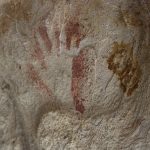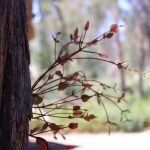
August 2024
Download Checklist: Where does power lie in a partnership? PDF
The aim of this multi-part checklist is to assess where power lies in a relationship between a mainstream funder – government, NGO or business – and an Aboriginal and Torres Strait Islander service provider. The tool can be used by both parties, or by an external agency.
Both parties should make their own assessment by recording the most appropriate response to each question, according to the number at the top of the column. For example, if the answer to the first question is “sometimes” then you would write “1” in that column then move to the next question.
Scores for each section can be added at the end.
If it is safe to do so, and there is a commitment to building the relationship, then both parties can discuss their respective assessments.
Contractual arrangements

Funding

History


Deliverables

Meetings

Reporting

Scoring
Add the section totals and see how you score against the possible total of 48. The analysis takes into account that:
- mainstream organisations generally possess more resources than Aboriginal and Torres Strait Islander organisations
- funder generally possess more power than service providers.
In accordance with Closing the Gap priority reforms, such as building the ACCO sector and changing the way governments do business, and regarding the rights of Aboriginal and Torres Strait Islander people to self-determination, individual partnerships should vest power in the Aboriginal and Torres Strait Islander organisations.

This checklist was developed by Yulang based on its experience of examining and experiencing relationships between Indigenous and mainstream organisations, and draws on the substantial work of SNAICC (Secretariat of National Aboriginal and Islander Child Care) on partnerships.
Recommended citation
Williams, M. & Ragg, M. (2024). Checklist: Where does power lie in a relationship? Yulang Indigenous Evaluation. https://yulang.com.au/starburst-indigenous-evaluations/power-tool/







